By Shaw Wan
 (相关资料图)
(相关资料图)
BEIJING, August 21 (TMTPOST) -- A medical product supplier has been in the spotlight lately, as one of its workers died of a heart attack when treated in hospital for a chemical leak in central China’s Hubei province. Another 42 were also affected, according to the statement of Allmed Medical Products Co.,Ltd. on August 5.
The company’s shares dropped 2.1 percent on the same day, with a closing price of 12.6 yuan ($1.86). Two thirds of its market cap disappeared into thin air. As investigations are still underway, its stock price hasn’t recovered.
Founded in 1997 and listed on the Shenzhen Stock Exchange in 2019, the company was once a leading player in the medical dressing market. It manufactures wound care products, including gauze swabs, non-woven swabs, lap sponges, fluffy bandages, and masks. According to its official website, the company has been the largest exporter of medical dressings in 12 years out of 14 years since 2008.
However, it has fallen behind. Among the top three medical product providers, Winner Medical Co., Ltd. and Zhende Medical Co., Ltd. beat it in share prices, market caps and revenues in 2021. How did an industry leader end up struggling to stay on top?
The Chemical LeakThe Jingmen First People"s Hospital received three workers with abnormal indicators of liver function, who worked at a subsidiary of Allmed Medical Products Co.,Ltd. in Jingmen, Hubei province, according to a statement by the Center of Disease Control in Jingmen on July 31.
Preliminary analysis showed these workers were poisoned by tetrachloroethane, a gas released by PET glues while sealing packaging boxes of wet wipes. As of August 6, 270 staff members might have been exposed to the leak, among whom 43 were treated in hospitals for abnormal indicators of liver function. The wet wipe factory was been temporarily shut down
Whether the leak was an accident or negligence hasn’t been decided. One of the heated discussions was if the factory was equipped with a complete ventilation system. Some employees said there was no such equipment, while the company denied that allegation. The company also emphasized that the leak happened in a factory that had nothing to do with masks, in response to netizens’ worries.
“The company is a giant manufacturer of masks. Are the masks we wear still safe?” A netizen posted on Weibo, China’s Twitter-like networking platform.
It is not the first time that factory workers were poisoned by glues. In 2014, China’s 315 Gala, a show focusing on violations of consumer rights by the Chinese state-owned broadcaster China Central Television, shed the light on toxic glues. Nearly 40 workers were poisoned by poisonous glues in 2012 because they worked in small workshops. Four of them died two years later.
Similar incidents reemerging after a decade shocked customers, especially when the company involved was a public company rather than a small workshop.
A Missed Critical WindowAlthough the recent chemical leak damaged the company’s brand image, it is not the main reason why the company is lagging behind. As a medical product supplier, the company missed the window of opportunity during the first year of the COVID-19 pandemic.
In 2020, Zhende Medical"s revenue soared by 456.75 percent to 10.4 billion yuan ($1.53 billion). Its net profit attributable to shareholders of the parent surged by 1524.99 percent to 2.6 billion yuan ($383 million). For the first time, the revenue of Zhende Medical surpassed that of Allmed Medical Products, whose net profit attributable to shareholders of the parent was less than half of its rival.
Data source: Wind Data
The huge gap was a result of their different strategies towards mask production. The production capacity of Allmed Medical Products was seriously insufficient during the pandemic. When Zhende Medical was able to make about 10 million masks each day, Allmed Medical Products could only produce less than one fifth of its rival’s daily output.
The company started a disease control and protective equipment production project in December 2021, too late in the day.
Even if the company had managed to catch up with the trend in the early stages, its production would be limited by the pandemic because it was located in Hubei province, where the epidemic first broke out in China.
Slowdown in the Overseas MarketEven before the COVID-19 pandemic, Allmed Medical Products has experienced slowing growth. From 2016 to 2019, the average revenue growth rate of Allmed Medical Products was 11.1 percent, while that of Zhende Medical and Winner Medical were 16.92 percent and 26.57 percent respectively.
One reason was that Allmed Medical Products relied largely on the overseas market, which accounts for over 70 percent of the company’s business income.
Data source: Wind Data
However, the growth of the global medical dressing market has been slowing down. According to BMI Research, from 2014 to 2019, the compound annual growth rate of the global medical dressing market was 2.4 percent. In 2019, it increased by 2.7 percent year-on-year, the lowest after 2015. Apart from that, developed countries are looking for high-end products.
In the meantime, the domestic market has been growing due to population aging. The market size increased 3.31 billion yuan ($489 million) to 7.31 billion yuan ($1.08 billion) from 2014 to 2019. The growth rate reached 12 percent in 2019.
Allmed Medical Products was late to the party again. The company established a strategy to gear toward the domestic market in 2019. After two years, local market contributed over 20 percent to the company’s income.
To gain domestic market shares, Allmed Medical Products started to invest in the over-the-counter market. In November 2020 , the company spent 400 million yuan ($59 million) to buy 29.5 percent of shares of Zhenghexiang, a healthcare enterprise focusing on pharmacy store chain, chain clinics and Chinese herbal pills. Apart from it, Allmed Medical Products invested in over 70,000 drugstores, according to its 2021 annual report. It also started to deliver products through supermarkets like Walmart and Carrefour, or convenience stores like Lawson.
A Lack of Private BrandsThe other reason for Allmed Medical Products’ slowdown in growth was a lack of its private brands. The two rivals developed their own company brands, like Zhende and Purcotton, to expand their consumer base and build brand loyalty. For example, Purcotton by Winner Medical provides non-woven cotton products for families, including men, women and children.
To jump on the bandwagon, the company released jointly-designed versions of masks with the National Treasure, a cultural exploration variety TV program on the state-owned media, and Alipay Ant Forest, a campaign launched by Ant Financial Services Group.
The company’s lack of private brands traced back to the 1990s. Chinese medical dressing providers acted as original equipment manufacturers (OEMs) for foreign companies in the beginning, when the labor cost in developed countries started to rise. That’s also why export has been part of these Chinese companies’ businesses.
关键词: English

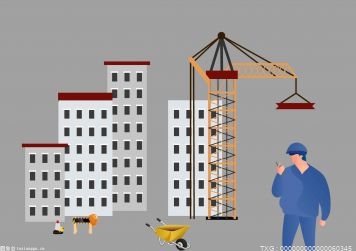















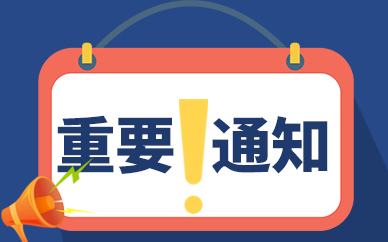
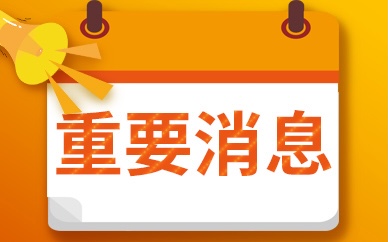


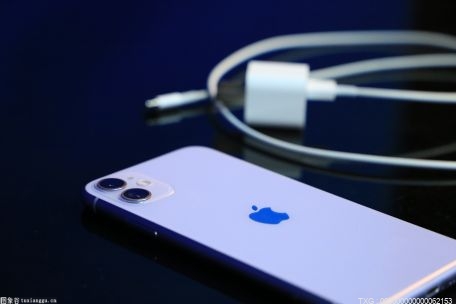
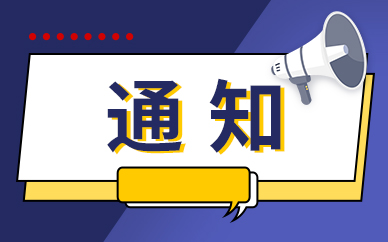







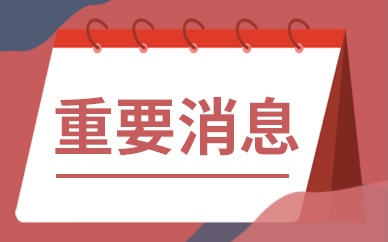
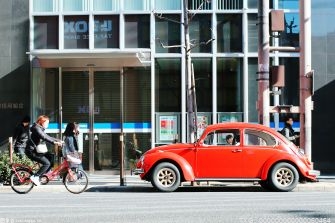
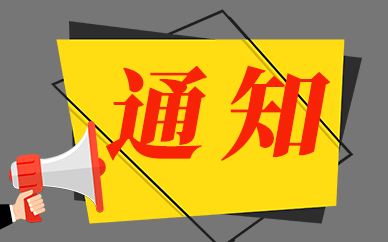
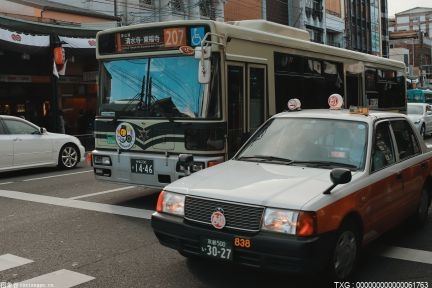
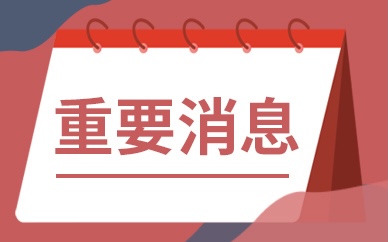





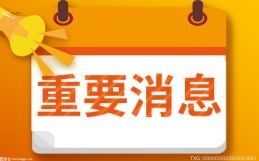

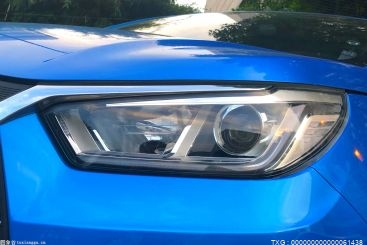













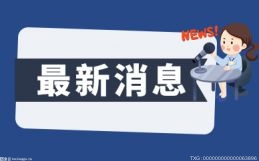
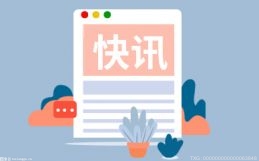





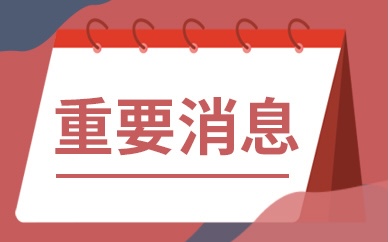




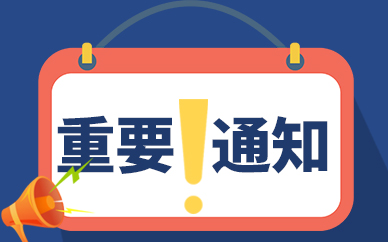





















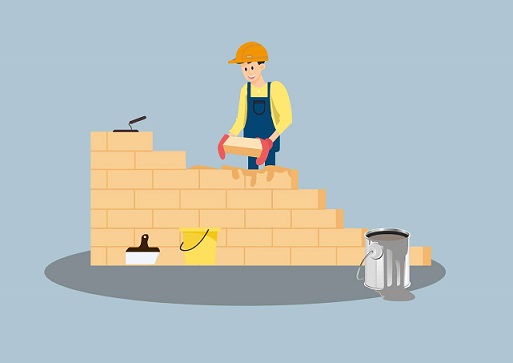

 营业执照公示信息
营业执照公示信息